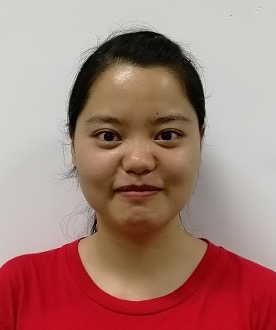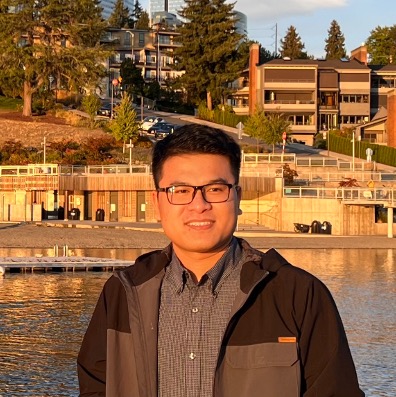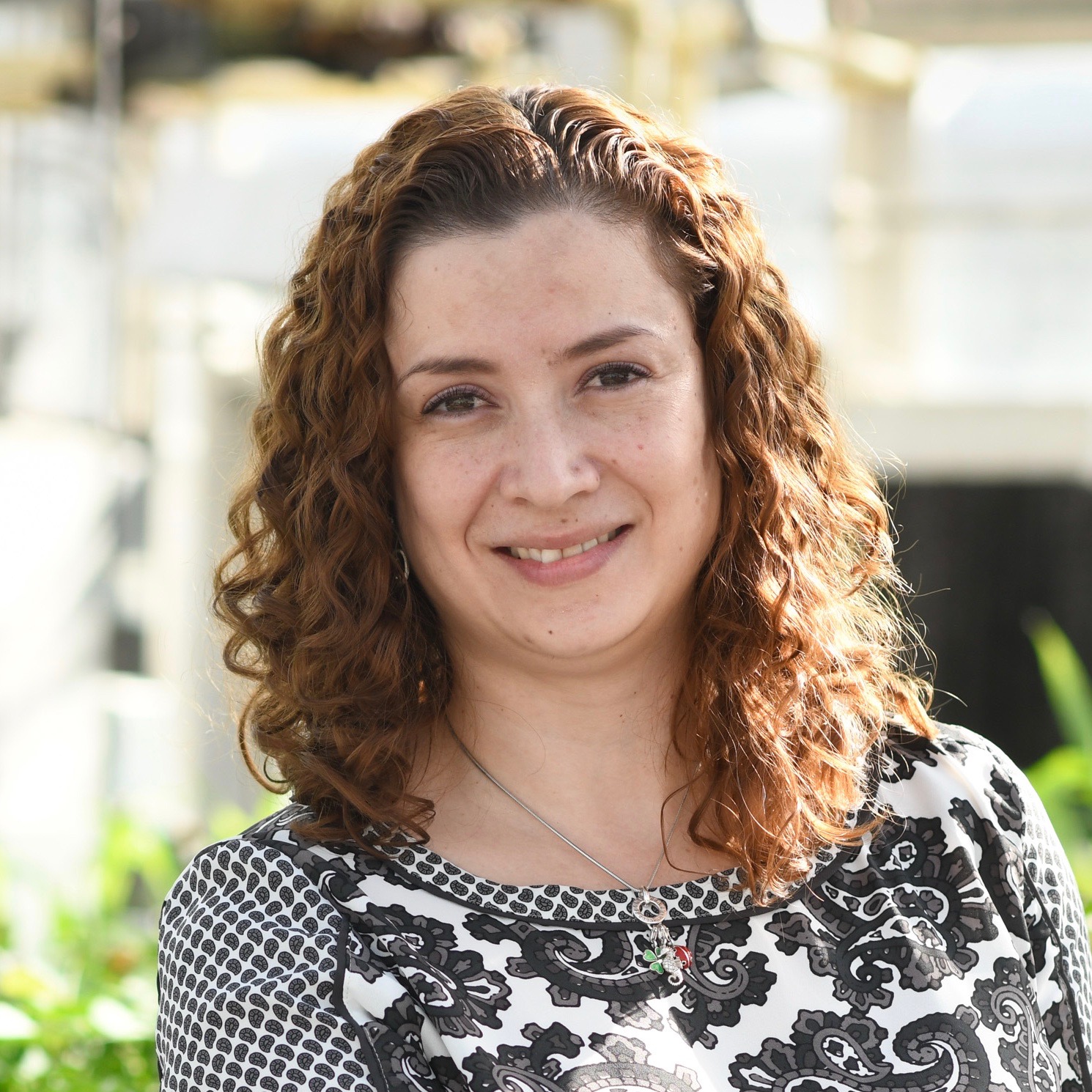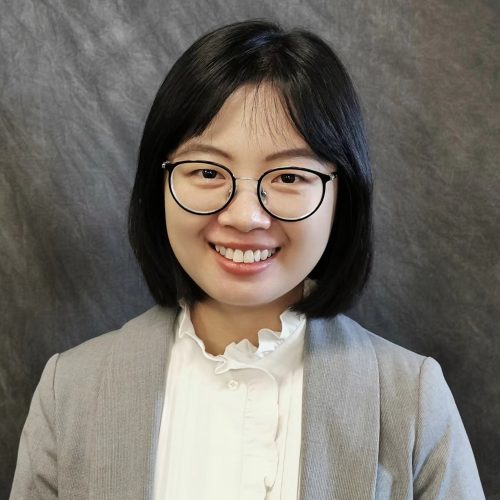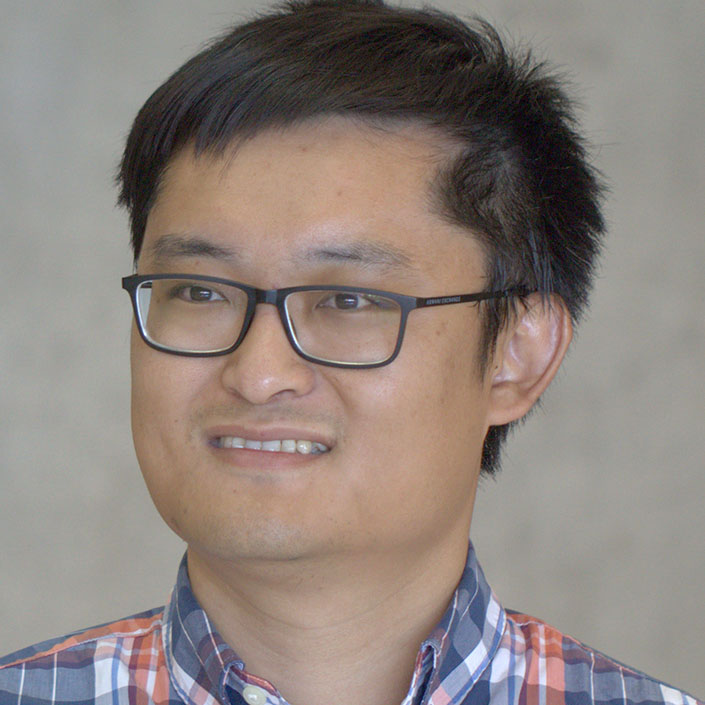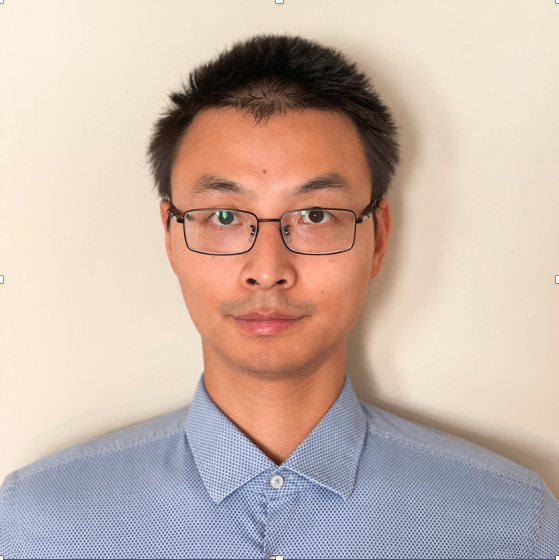
QuSeC-TAQS: Sensing-Intelligence on The Move: Quantum-Enhanced Optical Diagnosis of Crop Diseases
Project Synopsis
Downy mildew is one of the most threatening
diseases to cucurbit crops, and it can be hardly detected at the early stage of
infection
using classical sensing technologies. The late detection of downy mildew can cause
reduced crop yields and excessive fungicide application, thus leading to significant
economic and food losses and environment pollution. Quantum sensing, as a revolutionary
technology, has demonstrated its ability to surpass the limits of classical sensing,
owing to its utilization of nonclassical resources such as entanglement and squeezed
light.
This project will develop quantum sensors tailored for the fast and accurate diagnosis
of
downy mildew.
Specifically, the team will develop an entangled photon source that is directed by an acousto-optic beam steering device to leaf samples for fast and wide-angle scanning. A quantum receiver enhanced by adaptive learning system that can optimize the receiver circuit configurations based on real-time measurements will be developed to remedy the problem of high photon losses in the agricultural environment. The team will also grow cucumber plants, inoculate them with downy mildew spores, and collect leaf samples for in-lab quantum sensing experiments. The anticipated outcome is to shorten the detection window from the state-of-the-art of 4-5 days to a new record of 1-2 days following the downy mildew infection.
Moreover, this project will create new educational materials that will help PIs to update their existing curricula on QISE, biology and agriculture, to engage undergraduate students in supervised research, and to promote community outreach for local stakeholders through existing programs at NC State.
Specifically, the team will develop an entangled photon source that is directed by an acousto-optic beam steering device to leaf samples for fast and wide-angle scanning. A quantum receiver enhanced by adaptive learning system that can optimize the receiver circuit configurations based on real-time measurements will be developed to remedy the problem of high photon losses in the agricultural environment. The team will also grow cucumber plants, inoculate them with downy mildew spores, and collect leaf samples for in-lab quantum sensing experiments. The anticipated outcome is to shorten the detection window from the state-of-the-art of 4-5 days to a new record of 1-2 days following the downy mildew infection.
Moreover, this project will create new educational materials that will help PIs to update their existing curricula on QISE, biology and agriculture, to engage undergraduate students in supervised research, and to promote community outreach for local stakeholders through existing programs at NC State.
Personnel and Collaborators
Research Progress
-
[2]
The Road to Quantum Internet: Progress in Quantum Network Testbeds and Major Demonstrations
J. Liu, T. Le, T. Ji, R. Yu, D. Darfurnik, G. Byrd, and D. Stancil, Elsevier Progress in Quantum Electronics (PQE), Vol. 99, 100551, 2025.
-
[1]
Qubit Recycling in Entanglement Distillation
S. Pelletier, R. Yu, G. Rouskas, J. Liu, IEEE International Conference on Quantum Computing and Engineering (IEEE QCE'23), Seattle, USA, 2023.
Education and Outreach Activities
Disclaimer
Any opinions, findings, and conclusions or recommendations expressed in this
material are those of the author(s) and do not necessarily reflect the views of the
National
Science Foundation.
